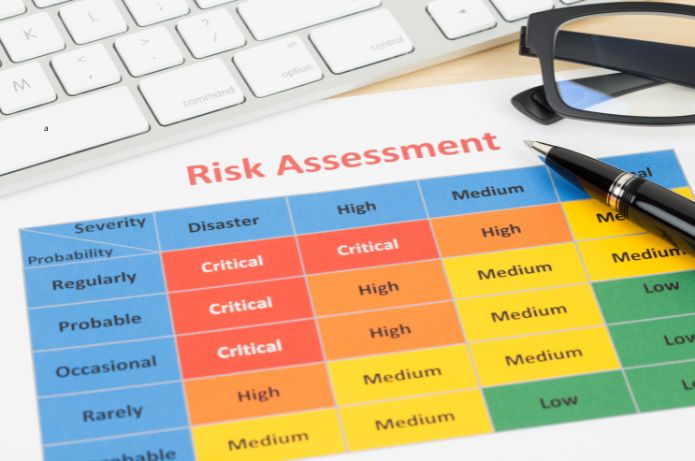Manter um negócio saudável, eficiente e lucrativo exige gestão financeira atenta e proativa, independentemente do ramo, por isso entender em detalhes os gastos desnecessários é uma ação essencial para que a empresa continue funcionando bem.
According to Reinaldo Boesso, financial expert and CEO of TMB Educação, fintech que oferece a possibilidade de pagamentos parcelados por meio de boletos bancários, é muito comum que, no mercado digital, as empresas queiram crescer e lucrar rapidamente, ao mesmo tempo em que se esquecem dos pequenos detalhes financeiros que podem fazer a diferença. “Se você não entende bem como gerenciar sua empresa, corre o risco de perder o controle e, eventualmente, o próprio negócio”, alerta.
De acordo com o executivo, é possível fazer um paralelo entre os custos de uma empresa e uma árvore. “Em ambos os casos, você precisa podar constantemente para que continuem crescendo. Essa é uma lição que todo gestor e empreendedor deveria conhecer”, afirma.
O CEO da TMB Educação explica que, assim como na pessoa física é comum o acúmulo de gastos sem sentido, o mesmo pode ocorrer na pessoa jurídica. “Assim como você assina quatro, cinco streamings sem usar e percebe que está gastando sem necessidade, é muito comum que uma empresa acumule gastos que não fazem sentido, desde a assinatura de ferramentas que nenhum funcionário usa até despesas que ficaram esquecidas. Esses custos vão acabando com o lucro da empresa se não houver um gestor olhando cuidadosamente para eles”, orienta.
Reinaldo Boesso explica que, com o crescimento do negócio, é natural que algumas áreas se tornem mais inchadas, por isso o papel do gestor é identificar tais áreas para trabalhar de forma mais eficiente e lucrativa. “É preciso considerar que algumas coisas que eram feitas de um determinado jeito agora podem ser feitas de uma forma mais eficiente e econômica. O sucesso definitivamente está nas mãos de quem sabe administrar!”, finaliza.
Confira algumas orientações de Ricardo Boesso para diminuir gastos em sua empresa:
- Renegocie contratos e despesas de aluguel
- Automatize processos para reduzir a necessidade de mão de obra
- Revise processos internos e procure diminuir o desperdício
- Adote práticas para reduzir o consumo de energia
- Escolha fornecedores com tarifas mais vantajosas
- Estabeleça parcerias com outras empresas para diminuir o custo com marketing
- Revisite o portfólio de produtos e serviços
- Ofereça novas formas de pagamento


